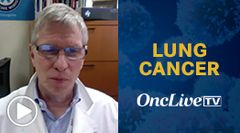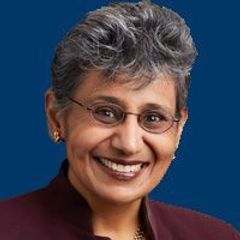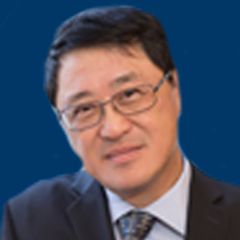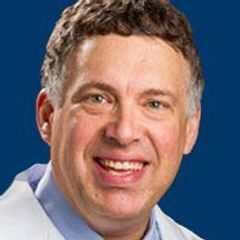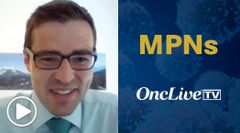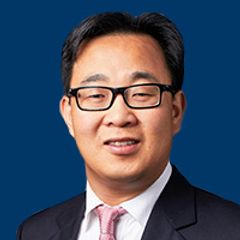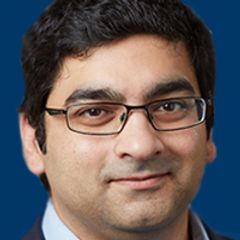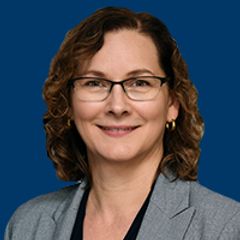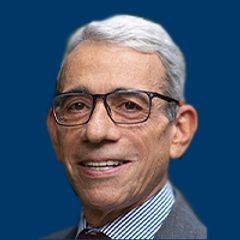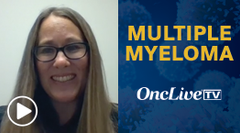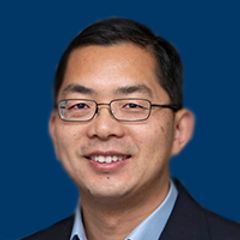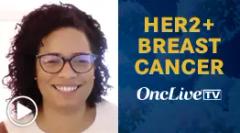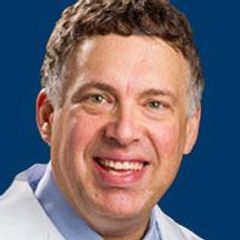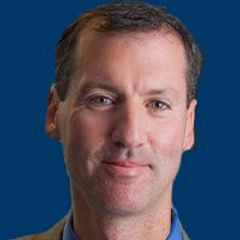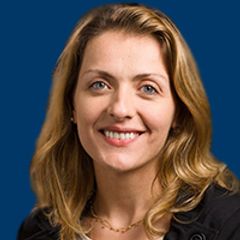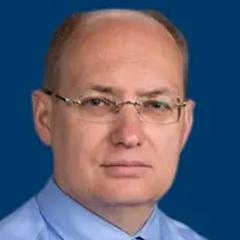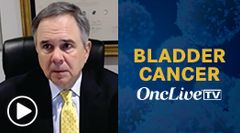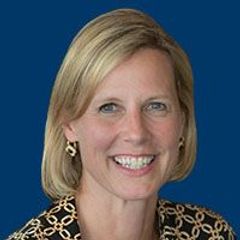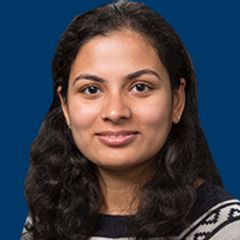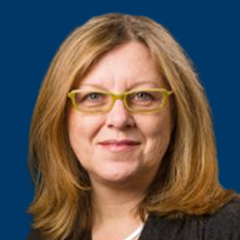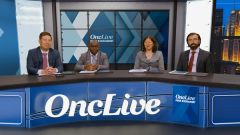
Dr. Parker Discusses the Importance of Optimizing Treatment in Multiple Myeloma
Terri Parker, MD, discusses considerations to optimize treatment in multiple myeloma.
Episodes in this series

Terri Parker, MD, assistant professor of medicine (hematology), Yale School of Medicine, assistant medical director, Smilow Cancer Hospital Care Center, Yale Medicine, Yale New Haven Health, discusses considerations to optimize treatment in multiple myeloma.
Many therapeutic options and combination regimens are available for use in patients with newly diagnosed, relapsed/refractory, and heavily pretreated multiple myeloma, Parker explains. As such, it is important to take certain considerations into account when selecting treatment for patients because it can be difficult to optimally sequence therapy among the available options.
First, it is important to consider patients’ cytogenetics to determine whether they have standard- or high-risk disease, Parker says. In the relapsed/refractory setting, taking into account the patients’ prior therapies, best response to prior therapies, comorbidities, and residual toxicities can inform optimal treatment selection.
For example, a patient with significant peripheral neuropathy is not best suited for a regimen associated with a risk of exacerbating that toxicity, Parker says. Likewise, if a patient is refractory to lenalidomide (Revlimid), they should receive a regimen containing a different immunomodulatory drug (IMiD), such as pomalidomide (Pomalyst), or an IMiD-sparing regimen, such as carfilzomib (Kyprolis) in combination with a CD38-directed monoclonal antibody, Parker concludes.


